






is to understand cancer from its beginnings, to use that knowledge in the creation and improvement of cancer treatments, to relieve the suffering of cancer patients, and to provide education about cancer risk, prevention, and care.










Elfi and Rick Ortenburger’s passion for cancer research and running intertwine.
Utah has the highest melanoma rate in the country. Learn how to protect yourself year round.
These four-legged friends bring compassion and joy to cancer patients, their families, and staff.
Patient and Family Housing partners with the Little America to ease the burdens of travel.
Learn more about Huntsman Cancer Institute’s longstanding commitment to the Mountain West.
Helix shares helpful tips, hopeful stories, and notable happenings across our cancer hospital, research labs, and community clinics.
A DNA molecule is formed as two intertwined helixes. The helix helps tell the human story—it is a symbol of unity and discovery. The double helix is prominent in the Huntsman Cancer Institute logo and a meaningful emblem of our mission.
Published twice a year by Huntsman Cancer Institute at the University of Utah. Conceptualized, written, and created by the in-house Communications team.
Send feedback and ideas to allc@hci.utah.edu.
Meredith Vehar, MPA, creative director

Claire Davis, MS, lead designer

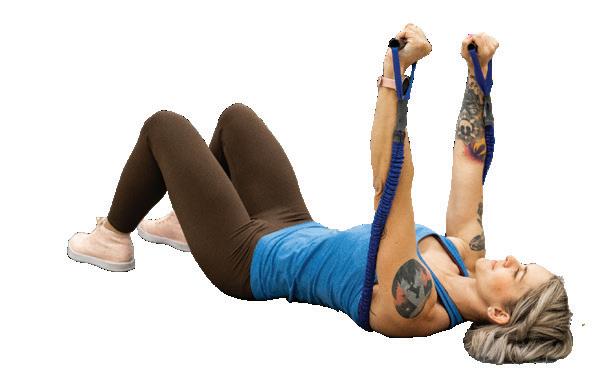
Drew Wiseman, writer and editor
Des Sandoval, MAPC, editor
Emily Bade, photographer
Matti McDaniel, MBA, program manager
Contributors: Josiane Dubois, Garrett Harding, Valkyrie Johnson, Amy Olsen, Efren Rodriguez, Heather Simonsen, and the Huntsman Cancer Foundation team
Grief is a normal, healthy response to changes cancer can bring—to health, peace of mind, independence, and the ability to work or do things you love. It’s important to acknowledge grief and work through your feelings.
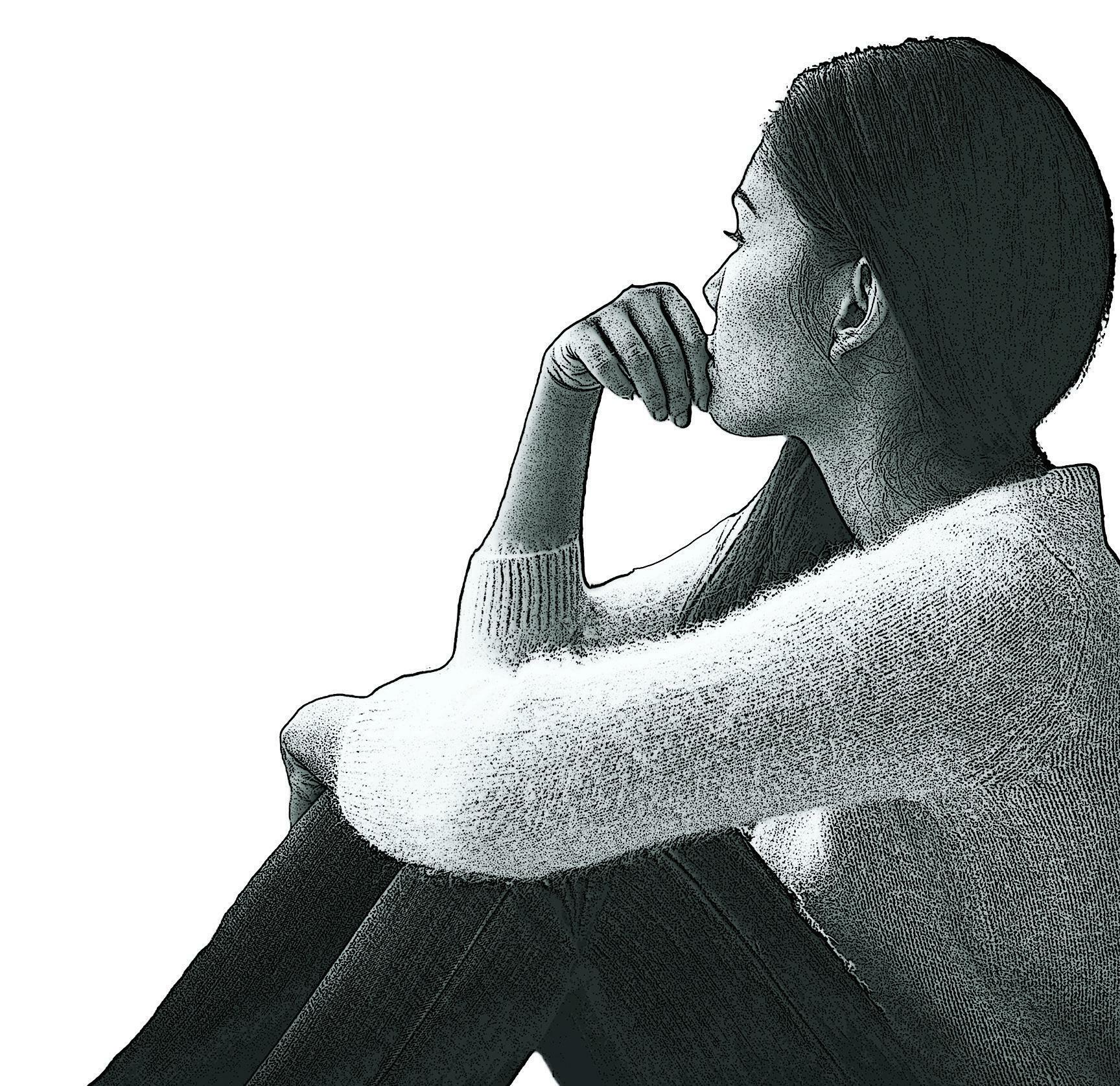
Talk with friends, family, social workers, or clergy. Consider joining a support group.
Ask for help from family members, friends, and neighbors when you need it.
Practice mindfulness or relaxation techniques.
Know it’s OK to grieve. Let yourself cry, feel numb, be angry, or feel however you are feeling.
Focus on what you can do instead of what you can’t do.
If you can’t do the things you love in the same way, think about how to make adjustments.
Save your energy for the things you value most.
Grief is different for every person. It may never go away completely, but the hurt will lessen over time. Even though you may not feel like the same person, you can define how you live your life going forward.
FOR MORE RESOURCES: huntsmancancer.org/support

As a soldier in the U.S. Army, Rick Ortenburger was stationed in Germany in 1969 at the height of the Vietnam War. “I was a personnel clerk and my buddy and I bought a Volkswagen bug for $200. One night, we decided to do something different and I wound up meeting Elfi.”
In February 1971, Rick and Elfi moved to the United States as a couple, settling in California.

“The Hughes program [the Hughes Aircraft Company, founded by Howard Hughes] had a contract with the government at the time,” Rick says. “If you were drafted, you were guaranteed a job when you came back. That was that. I worked for Hughes Aircraft for 37 years. I started by making crates and eventually became the manager of the Trident missile program.”
Elfi owned a gym until asked to be the running coach for the AIDS Project Los Angeles. She attended a training method course developed by Jeff Galloway, NCAA All-American and 1972 U.S. Olympic athlete. For four years, Elfi coached thousands of marathon runners using the Galloway run/walk method.
“In many ways, a race is analogous to life itself. Once it is over, it cannot be recreated. All that is left are impressions in the heart and in the mind.”
CHRIS LEAR Runner & Author JEFF“We started with Walk the Talk, which was aimed at gathering money for AIDS research through walks and marathons,” Elfi says.
In 2004, citing a desire to spend more time outdoors and avoid California’s high cost of living, the Ortenburgers moved to Salt Lake City. CONTINUED ON NEXT PAGE
The couple met in 1969 and moved to California in 1971.“A lifestyle change begins with a vision and a single step.”
GALLOWAY American Olympian & Author
“We actually met Jon Huntsman at an event and he spoke about Howard Hughes,” Rick says. “Hughes had started his own medical institute and donated profits to medical research, and Jon was doing the same. He was an incredible guy who donated his money to finding a cure for cancer. It touched our lives and we thought, what an awesome cause to support.”
“I had retired and was looking for something to do,” Elfi says. “I saw an article in the Draper paper about a woman fundraising for Huntsman Cancer Institute. It read, ‘If you’re interested in helping, contact Lori.’
I contacted Lori Kun [development officer for Huntsman Cancer Foundation] and convinced her to start a weekly training program.”
That was the beginning of Huntsman Heroes and Elfi’s volunteer efforts quickly started to pay off.
“Seeing the donations—people helping any way they could—was an inspiration,” Elfi says. “We raised $37,000 the
first year and $350,000 the next. It’s amazing to see how many people are still with us almost 20 years later.”
Fundraising events for Huntsman Cancer Institute, then called Hometown Heroes and now called Huntsman Heroes, have expanded exponentially since the Ortenburgers first joined. They now include a virtual “choose your own adventure” option.
“We started with the Salt Lake Marathon and now we have events in Ogden and Park City. It’s not just for runners anymore. We have skiers, cyclists, walkers, and then it culminates with Huntsman SportsFest,” she says.

All funds raised—100%—go to support the mission of Huntsman Cancer
HARUKI MURAKAMI Japanese Writer & Runner“Most runners hope running will always be a part of their lives. I’ll be happy if running and I can grow old together.”
Institute. To date, Huntsman Heroes have raised $5.59 million for cancer research at Huntsman Cancer Institute.
“The research provides hope for the future,” she says.
Elfi started running full marathons at the age of 45. In 2008, that all changed.

“I was coaching some runners during a track workout and the world started spinning. I went to the hospital, and I thought it was a stroke or something. I was diagnosed with vertigo.”
With vertigo making marathon running impossible, Elfi turned to climbing stairs to quell her fitness needs.
“I just like getting up and doing something for my body. I’ve changed from running to cycling. I’m making lemonade out of lemons. I like pushing myself.”
So, what about Rick? Does he share his wife’s passion?
“I started running in 1978, and I remember my first time. I went out on my 30th birthday because I was gaining weight. I didn’t have running shoes. People talk about a running high, and it’s true. You do gain more energy. I would wake up in the morning and beat the freeway rush to work. I would run at the gym before I went to work and that would carry me through the day. I found I was more positive, had more patience, and had more energy.”
Working with Huntsman Heroes allows them both to remain involved.
“When coaching, I try and keep them happy,” Elfi says. “I encourage people to do the best they can. I want to make them feel important, like anything is possible. We don’t push them out of their comfort zone. We don’t ask them to run harder or longer or up mountains.
I practice what I preach. I want people to see that I am working hard. I want them to see me making the effort.”
“Every time we race, we defy what our body says we should do. Our body screams at us to stop, yet we keep going. We endure and conquer every pain, every doubt that we have. If we apply that same mentality to life, we can overcome any obstacle.”
KELLYN TAYLOR American Long-Distance Runner“Fast runner? Slow runner? Doesn’t matter. We pay the same attention to everyone,” adds Rick. “I would take pictures and then give them back to the runners to show them that they’re doing it. It helps them feel more important.”
Over the last few years, being a Huntsman Hero has taken on a deeper meaning for the Ortenburgers. In 2018, Rick was getting a haircut—a usual routine. But on that Monday, his longtime barber noticed something on Rick’s face. Within two hours, Rick was
seeing a dermatologist. The doctor told him it appeared an age spot had been scraped, but they’d take a sample just to be certain there was nothing else going on. By Friday, Rick was told he had melanoma.
“I’ve been a positive person through it all,” Rick says. “Choosing Huntsman Cancer Institute for my treatment was a no-brainer. The positivity of everyone in Clinic 2C makes me more positive. There’s only one way to go—forward. I can’t wallow in self-pity. I keep busy with my projects. You have to live your life, do what you love.”
“I’m the scared one,” Elfi says. “I feel anxious and sad. We don’t have any kids. He’s all I have. The people of Clinic 2C care about me as much as Rick. I have bad days. I used to not want to do anything. If not for them, I would have lost it already.”
Rick had lesions on his skin and suspect nodules in his stomach, spleen, lung, brain, and spine. He was treated with immunotherapy, receiving four infusions every three weeks as part of a clinical trial.

“He’s become my coach,” Elfi says. “He’s teaching me how to deal with reality, move forward and find the positives. He makes sure I’m OK, and I make sure he takes his medicine.”
The Ortenburgers have seen the deadly impact of cancer before. Elfi lost her dad and best friend to the disease before her sister also passed in 2021. Rick lost his mom to cancer as well.
“Winning has nothing to do with racing. Most days don’t have races anyway. Winning is about struggle and effort and optimism, and never, ever, ever giving up.”
AMBY BURFOOT 1968 Boston Marathon Winner“I keep a birthday card from my mom where she tells me ‘stay industrious,’” Rick says.
The Ortenburgers believe in their work and the Huntsman Heroes. “People say my dad did all these things for our town back in Germany,” Elfi says. “They say I’m just like him and that makes me proud. If I’m 10% of what he was, I’d be proud. I believe in this cause. I believe in giving back and I’m lucky I got to retire early and do that. I love coaching and helping people. These people are family. This gives me purpose.”
“I have a running buddy who lost their mother to adrenal cancer,” Rick says. “You have to think that with more research, they could have developed more successful treatments. Would she have been able to have more time with her family? We’re fundraising to allow people to live longer, and that’s why we keep doing it. Without the Huntsman Heroes, we are nothing. You see what Jon Huntsman did and you want to follow his lead. Everyone needs an inspiration.”

“That’s the thing about running: your greatest runs are rarely measured by success. They are moments in time when running allows you to see how wonderful your life is.”
KARA GOUCHER U.S. Olympic Marathoner
For every 1,000 feet above sea level, there’s 7% less ozone protection from the sun’s UV rays.

AT 10,000 FEET, YOU’RE 70% MORE EXPOSED TO UV RAYS.
That’s 150% MORE exposure to harmful UV rays than if you were at the beach.
Animal therapy in hospitals—having trained dogs and their human partners visit—is proven to have positive effects on patients and health care staff. In an article on the subject, the Oncology Nursing Society reports, “Its use was even recommended by the founder of modern nursing, Florence Nightingale, who wrote about the benefits of animals in patient care and recovery: ‘A pet is often an excellent companion for the sick, for long chronic cases especially.’”
Ardi and Kingsley are some of the furry friends who visit Huntsman Cancer Institute. Learn more about them.
Breed: Great Pyrenees Birthday: March 10, 2019

Partner: Cindy Therapy Dog Since: August 2020
Favorite Sport: Hiking in the mountains
Favorite Activity: Getting love from all he meets
Least Favorite Thing: Staying home without his humans
Breed: Golden Retriever

Birthday: July 28, 2020
Partner: Susan Therapy Dog Since: November 2021
Favorite Sports: Walking and hiking
Favorite Activity: Playing with other dogs
Least Favorite Thing: Staying home alone in his crate
Favorite Toy: Any stuffed animal he can chew up
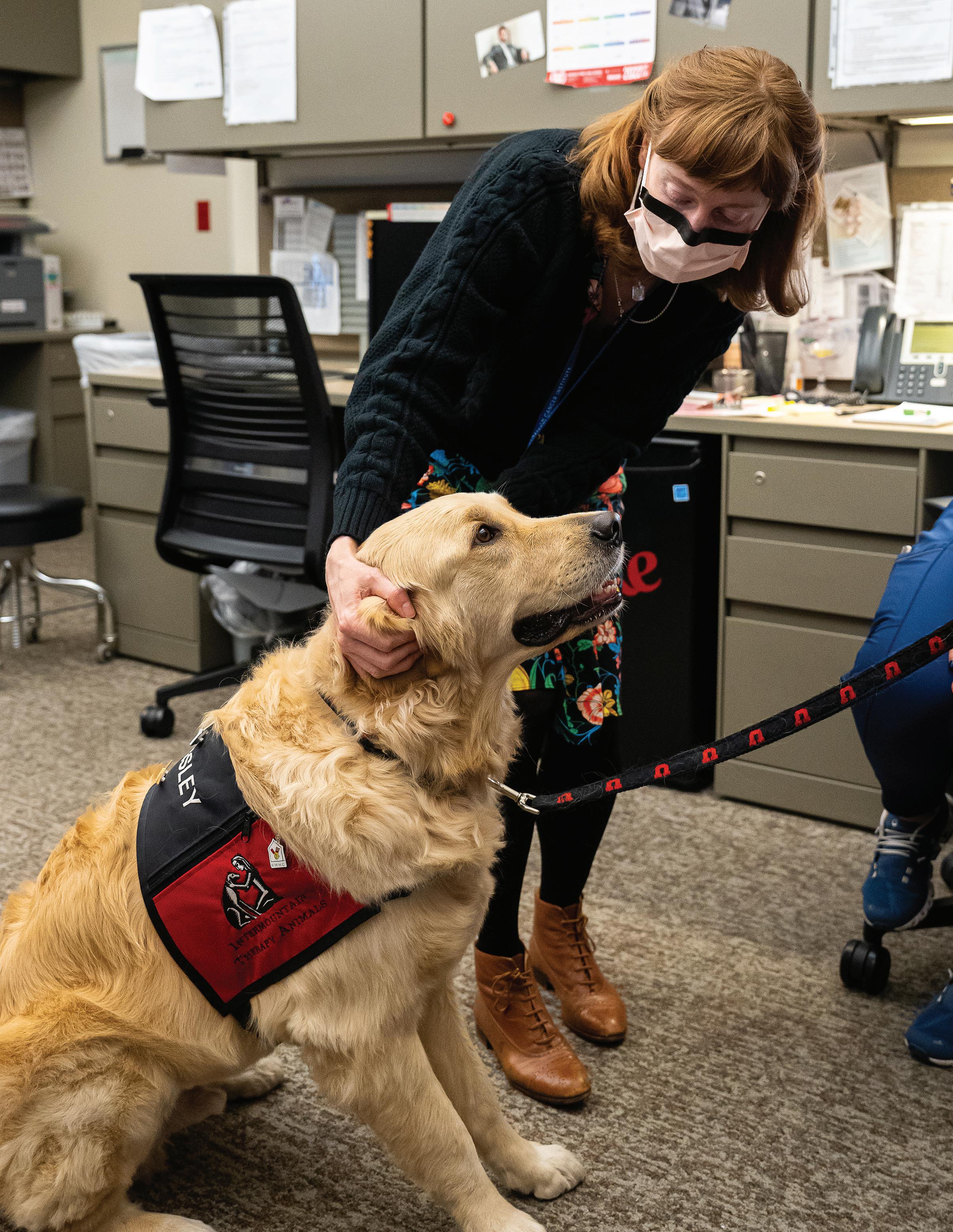 Puppy love: Kingsley visits with staff and providers in the breast clinic workroom. Pictured here with Kirstyn Brownson, MD, surgical breast oncologist.
Puppy love: Kingsley visits with staff and providers in the breast clinic workroom. Pictured here with Kirstyn Brownson, MD, surgical breast oncologist.



This exercise routine is designed to be quick and easy for almost everyone. If you are just starting to exercise, try one set first, then introduce a second set when ready.
If you’ve been exercising regularly, try two sets and adjust your number of reps so it becomes challenging. Best wishes and happy exercising!
Lay on your back with your knees bent. Cross one ankle over your other knee. Lift your hips off the floor into a bridge position and hold. Lower yourself back down. Repeat.

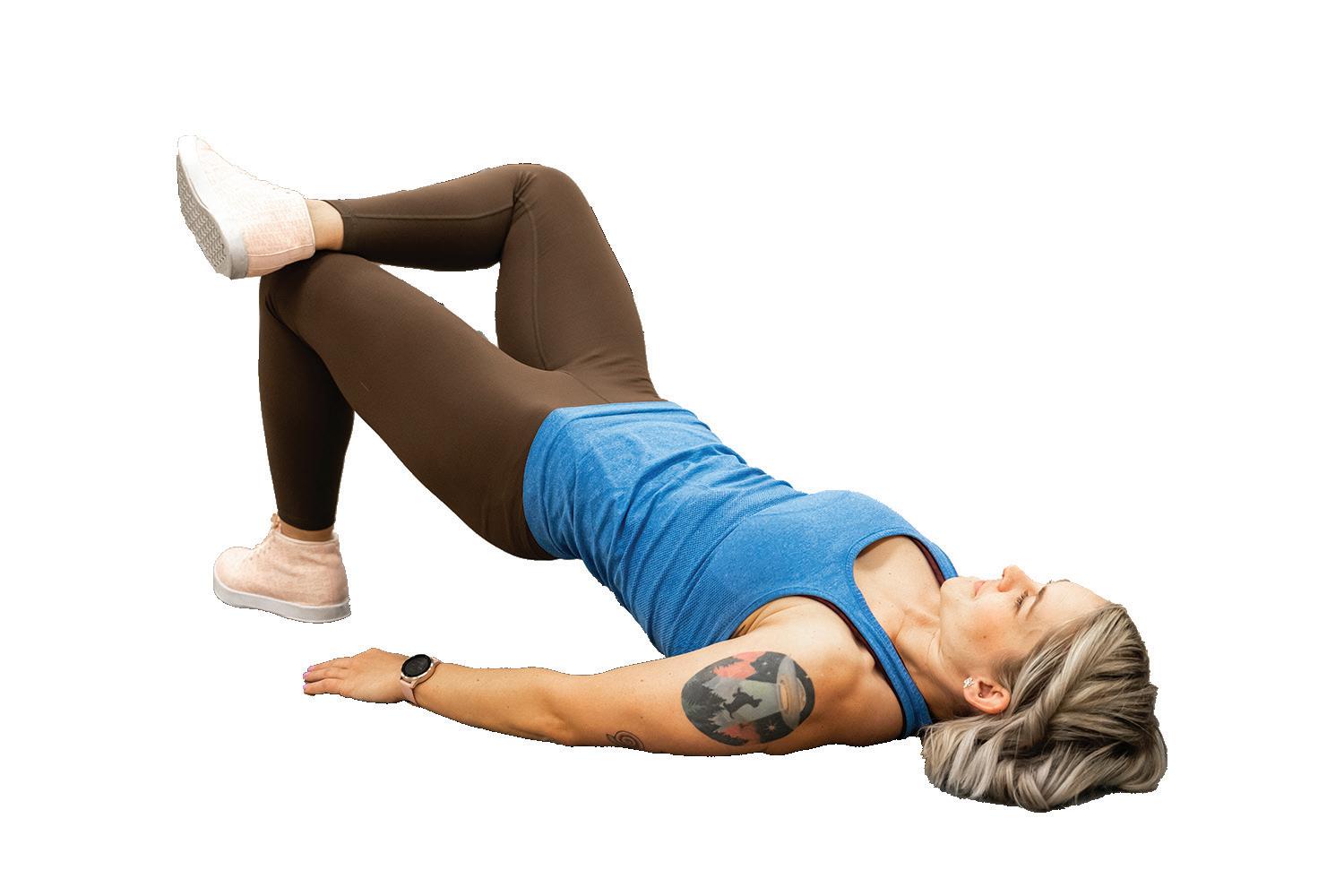
Begin in plank position holding a dumbbell in each hand. Pull one arm up, bending your elbow, then lower it back down. Repeat on other side.


Participation in physical activity can include foreseeable and unforeseeable risks and other hazardous activities inherent in the program which may expose the participant to illness, injury, or death. Participants that have any medical conditions or concerns that would prevent participation in physical activity should contact their physician prior to engaging in activities. The University of Utah assumes no liability whatsoever for personal injuries or property damages to participant or to third persons arising out of participation in the program activities.
2–3x
| 2–3 sets
Begin standing upright. Step backward and lower your body toward the ground into a lunge position. Carefully return to the starting position. Repeat with the other leg.
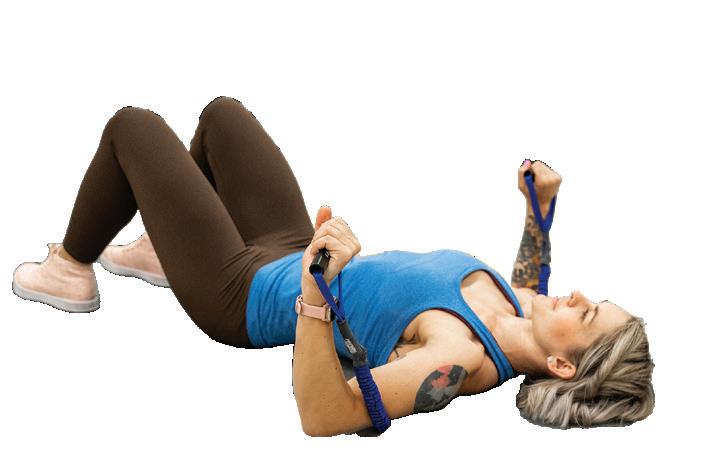



Begin in a wide stance with your feet slightly turned out, holding a weight in front of your body with both hands. Lower into a squat position, then press back up to standing.



19
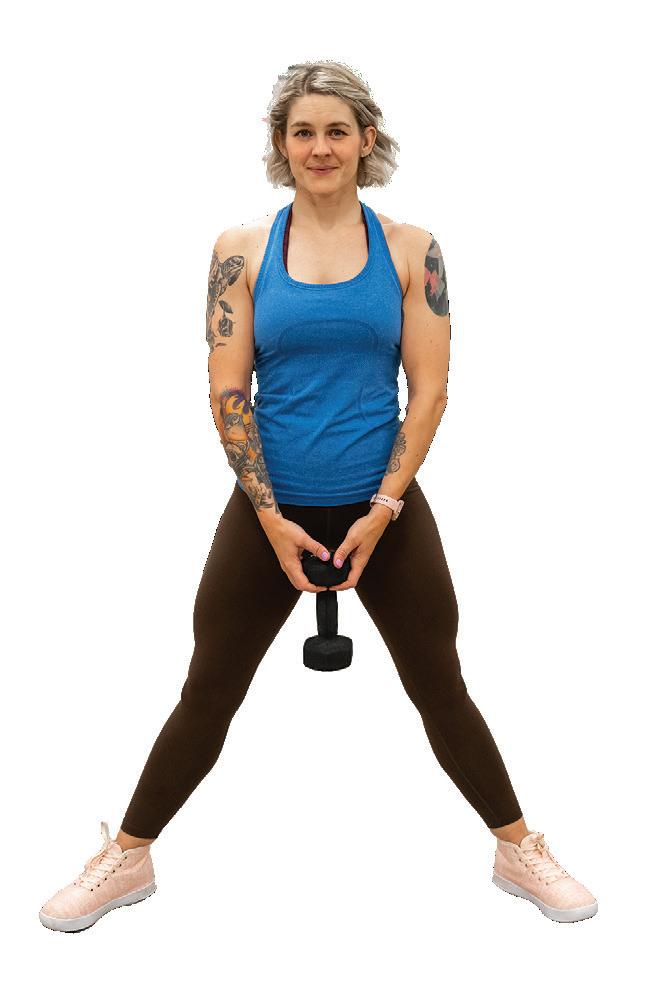
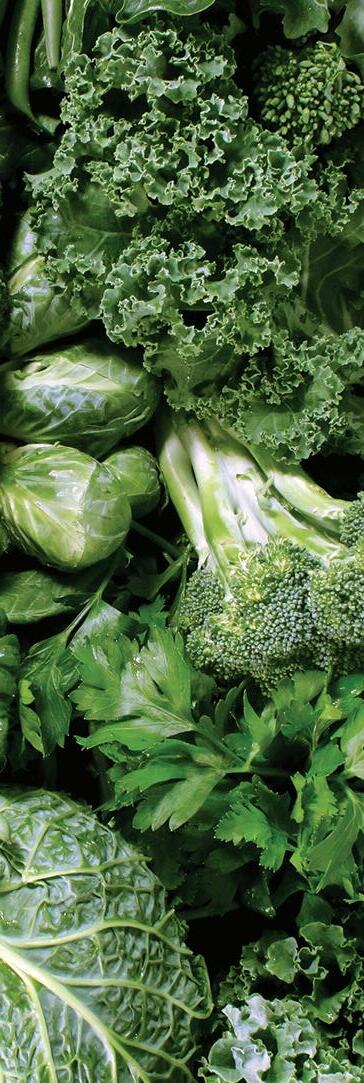





Eating a diet full of plant-based foods such as fruits, whole grains, beans, and vegetables— including carrots!—may help lower risk for many cancers. Try this delicious carrot ginger soup with a slice of whole grain bread and a side salad for a warming winter meal, or serve it chilled for a refreshing spring option.

Serves 4-5
INGREDIENTS
1 1/4 pound
2 cups 1 cup 1 teaspoon
carrots, peeled and sliced chicken or vegetable stock water freshly ground ginger cream, divided 2/3 cup
Juice and finely grated zest of 2 oranges
Freshly ground black pepper
Chopped parsley (optional)
Place carrots in a 2-quart stock pot, cover and cook until soft, about 10 minutes. Add stock, orange juice, zest, water, and ginger. Bring to a low boil for 6–8 minutes, stirring occasionally. Remove from heat and let cool slightly for 5 minutes. Blend mixture in blender or food processor until smooth. Stir in 1/3 cup cream. Add salt and pepper to taste. Ladle soup into bowls and drizzle with remaining cream. Garnish with parsley, if desired.
PER SERVING
ASalt Lake City classic, the Little America Hotel, is easing the burden of people with cancer through Patient and Family Housing. The affordable hospitality is a welcome comfort for John Reichert. In his 60s, John travels nearly six hours from his home in Whitehall, Montana, to receive radiation therapy at Huntsman Cancer Institute.
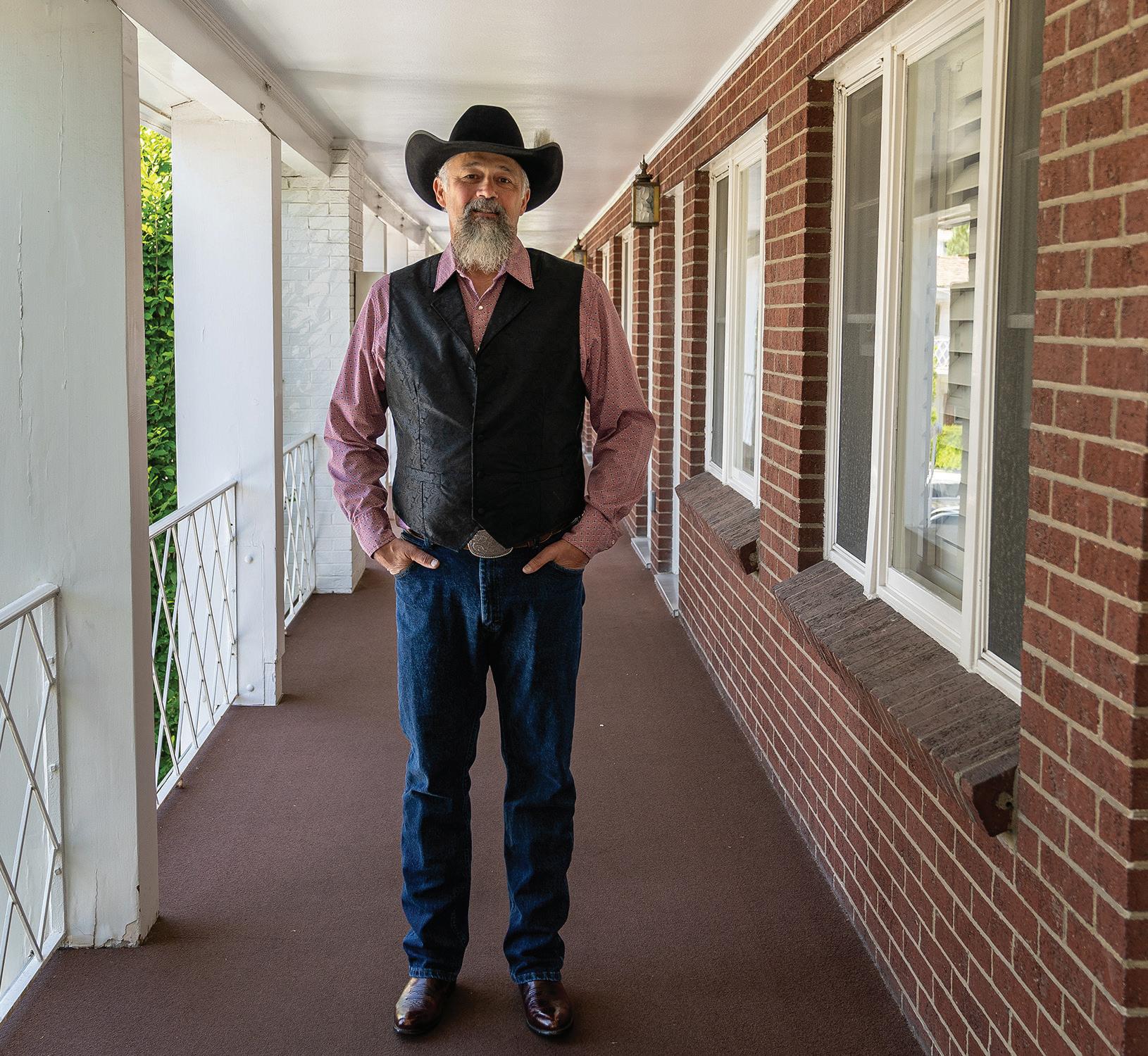
“The daily treatment really saps you of your energy,” says John, a married father of three who has eight grandchildren. “I’m tired all the time. But I have to pick myself up and put one foot in front of the other. Anytime you’re away from home, and you have people who are accommodating, that’s a comforting thing. The
hotel and Huntsman Cancer Institute staff go out of their way to make me comfortable.”
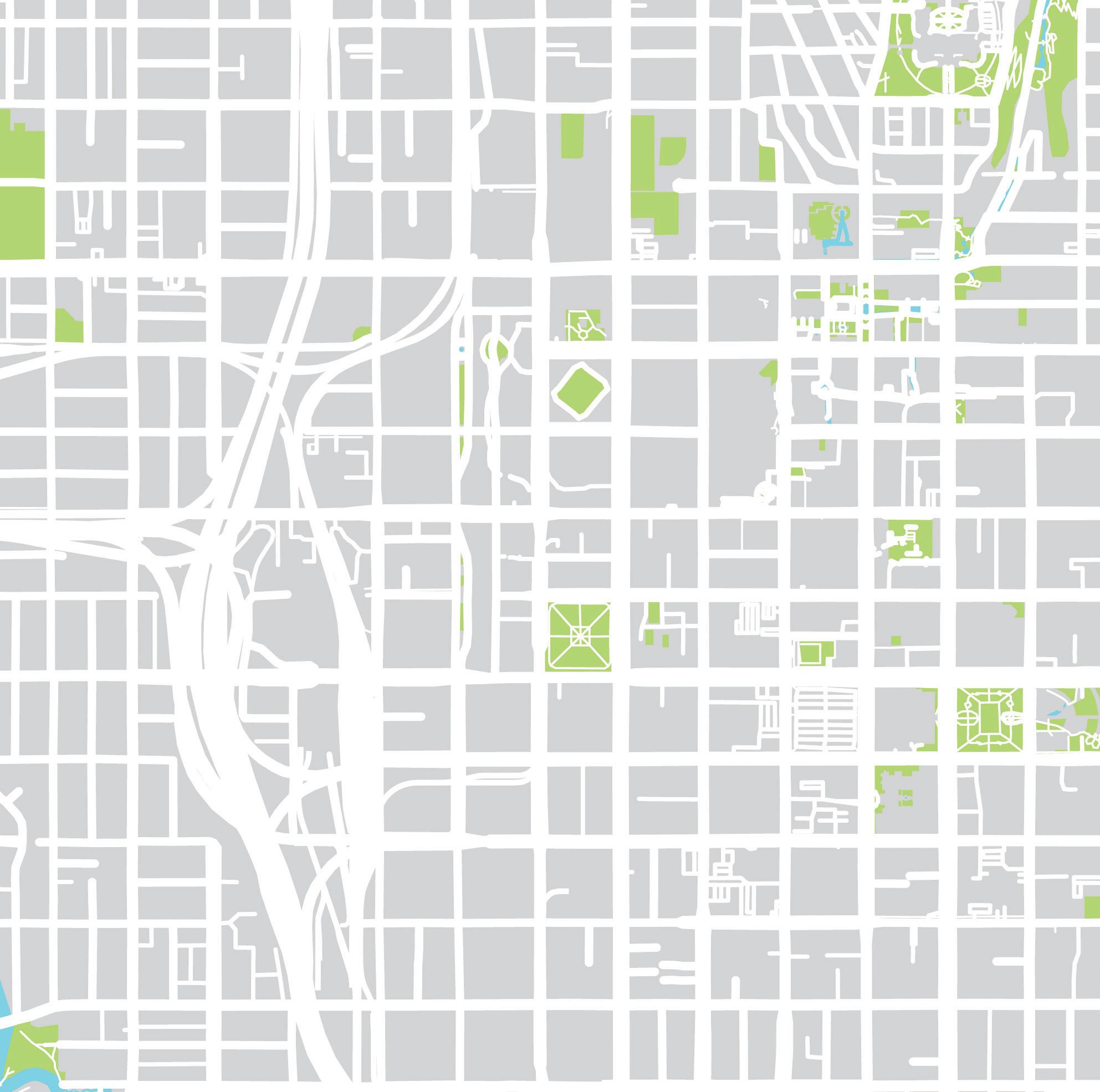
The Little America features spacious rooms and excellent amenities. It’s close to public transit and is a short drive to Huntsman Cancer Institute and University of Utah Hospital. This new partnership offers lodging for patients at a discounted rate. Guests have access to swimming pools, a fitness room, restaurants, and shuttle services.
Making a patient’s stay as enjoyable and restful as possible is key to their recovery, says Alyson Harding, MS, ML, director of support services at Huntsman Cancer Institute. “I don’t know if we can truly put into words the value of that.
Caregivers can stay close to their loved one who’s in the hospital, who needs their love and support. It’s a place for the caregiver and the patient to get some rest, which is important.”
Harding says it’s also ideal for transplant patients who have been discharged from the hospital, but still need to stay close for treatments. “Both the patient and the family member are able to stay near us, rest, and recover. It’s an extension of the care Huntsman Cancer Institute doctors and nurses provide patients.
We hope they feel loved and supported in a tangible way through this special offering.”
Huntsman Cancer Institute rents a motel-like building at the hotel and runs it for patients and their families. On June 1, 2022, the first day
of the partnership, Huntsman Cancer Institute staff registered 60 patients, filling to capacity. According to Harding, patients and their families are thrilled with the accommodations.
The hotel and Huntsman Cancer Institute staff go out of their way to make me comfortable...It feels like home.
John ReichertFor John, who retired from the military in 2012, Patient and Family Housing gives him a comfortable place to recover. “It’s relaxing. It takes away the stress for a moment. It feels like home. I go to church every Sunday. The lodging is a big part of maintaining that routine, which can be important during treatment.”
Insurance or Medicaid may help cover the cost of lodging. Financial aid may also be available for guests who qualify.

• Shuttle service to and from University of Utah Hospital and Huntsman Cancer Institute
• Coffee maker, mini fridge, and microwave in room
• Free Wi-Fi
• Indoor and outdoor pools

• Fitness center

• On-site restaurants and lounge
• Room service (extra charge)
• Accessible rooms
• Free parking
• Close to public transportation, including TRAX and bus stops


• Start at $50 nightly, $300 weekly, and $1,075 monthly.
• Contact your insurance or Medicaid provider to see if they can help cover costs.
• Financial assistance available for guests who qualify. This applies to stays of one week or longer.
Call 801-521-4763 or email uuhclodging@utah.edu
Working with partners, Huntsman Cancer Institute is committed to reducing the burden of cancer in Utah, Nevada, Idaho, Montana, and Wyoming.
169 counties, of which 158 are rural or frontier
Utah, Idaho, and Nevada ranked among top five fastest-growing states




Growing Hispanic/Latino and Native Hawaiian/Pacific Islander communities
Home to more than 40 American Indian Tribal Nations

• Is the only National Cancer Institute-designated Comprehensive Cancer Center in the Mountain West




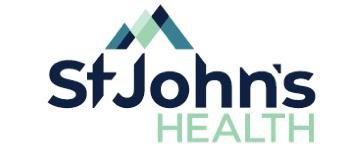





• Meets the highest standards in the world for cancer research and developing better approaches to prevent, diagnose, and treat cancer
Our expansive area of service builds upon decades of effort by Huntsman Cancer Institute and dedicated local providers and care teams at our affiliate hospitals. Together, we seek to make advancements in all these areas: • Cancer research and cutting-edge care • Prevention, screening, and education • Clinical trials access • Telemedicine
